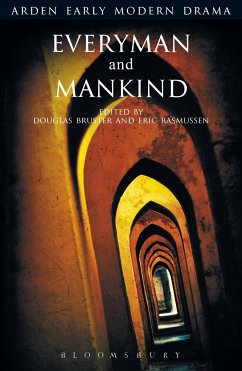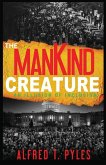Everyman and Mankind are morality plays which mark the turn of the medieval period to the early modern, with their focus on the individual. Everyman follows a man's journey towards death and his efforts to secure himself a life thereafter, whilst Mankind shows a man battling with temptation and sin, often with great humour.
Both texts are modernised here and edited to the highest standards of scholarship, with full on-page commentaries giving the depth of information and insight associated with all Arden editions. The comprehensive, illustrated introduction argues that the plays signal the birth of the early modern consciousness and puts them in their historic and religious contexts. An account is also given of the staging and performance history of the plays and their critical history and significance. With a wealth of helpful and incisive commentary this is the finest edition of the plays available.
Both texts are modernised here and edited to the highest standards of scholarship, with full on-page commentaries giving the depth of information and insight associated with all Arden editions. The comprehensive, illustrated introduction argues that the plays signal the birth of the early modern consciousness and puts them in their historic and religious contexts. An account is also given of the staging and performance history of the plays and their critical history and significance. With a wealth of helpful and incisive commentary this is the finest edition of the plays available.
'The two-hander of Everyman and Mankind gives us plays more often considered to be 'medieval' than 'early modern'...a very positive step as it allows us the chance, within the body of a coherent series, to read the plays of Shakespeare and his contemporaries as part of the continuum...' Shakespeare Bookshop Newsletter (December 2009)








